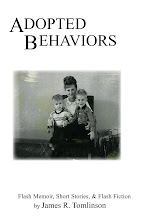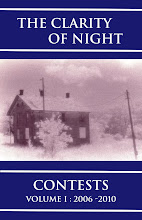Last winter, while camping in Florida, I watched “The Godfather” (Parts I, II, and III)—DVDs are my backup plan when I can’t get local television from a trailer antenna. I liked Al Pacino’s character, Michael Corleone, and his growth throughout the series, which made it a no-brainer to read Pacino’s memoir, “Sonny Boy.”
Pacino does a wonderful job telling his story, including his upbringing, the neighborhood kids he hung out with, his relationship with his mother and her influence over him, his distant relationship with his father, his interest in theatre, and his lucky break with the first Godfather film. But what I’ll remember the most from his memoir is his friendship with Diane Keaton (she played Kay Adams, the girlfriend and eventual wife of Michael Corleone). Pacino was embarrassed about his finances and asked Keaton to accompany him to a meeting with his entertainment lawyer, Arthur Klein. From the book:
Arthur began to explain that I was insolvent, due to mismanagement
of my assets. He didn’t play a part in it, I know that. But the words just
washed over me.
Diane, however, was furious. She got up from her seat,
and she started to question him: “How could this happen?” He was hemming and
hawing, well, you know, this and that.
She just exploded. She went up to Arthur and was now
face-to-face with him. She backed him into a corner of his office, pointed at
me, and said, “Do you know who he is?”
He said, “Well, you know.”
She was practically grabbing him by his lapels: “No, tell
me who he is.” He started to speak, but Diane jumped in again: “Yeah, you’re
going to tell me, ‘Oh, he’s an artist.’ No. He. Is. An idiot.”
I just stood there. What could I say?
Diane went on: “He’s an ignoramus. When it comes to this,
you’ve got to take care of this.”
She meant when it came to my finances—what I’d come from,
my upbringing, my early life, right through until then. And she was right.
“Sonny Boy” is worth reading. Al Pacino is a survivor. Now he’s apt to choose lesser-known roles. I'm sure you know about "Scent of a Woman," but wasn't he in Adam Sandler’s “Jack and Jill” too? Read the book.









